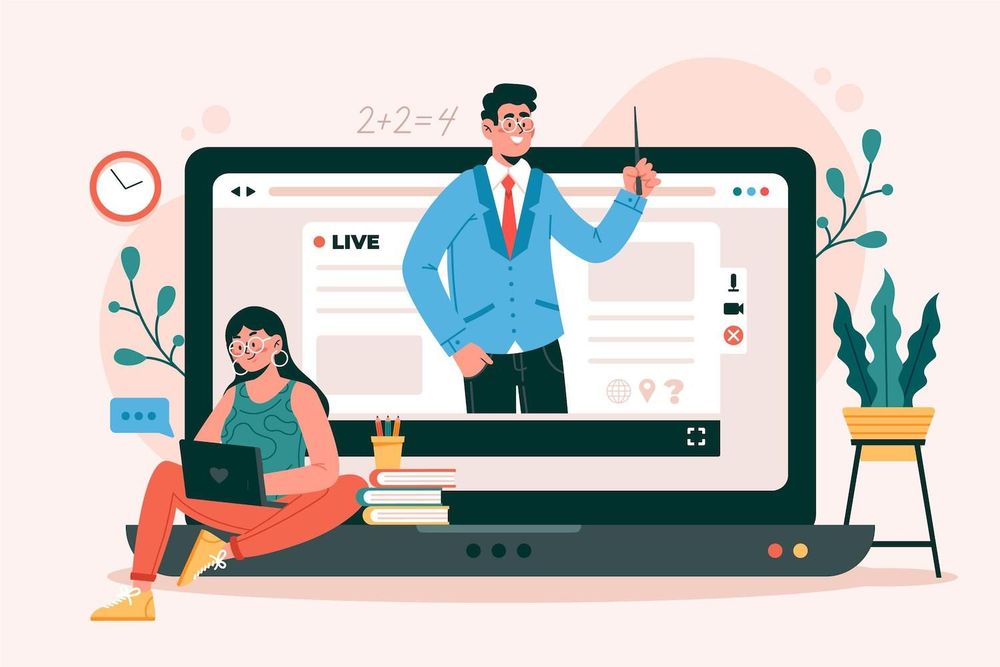This charming short put the "art" in artificial intelligence.
What do you get when you combine the strength of an AI image-generating machine, a 98-year-old woman called Lillian along with Harry Potter? What you get is "HAIRY POUTER." is a short film of shorter duration from the Chris Carboni, a director who mixes increasingly entertaining AI-generated pictures and an in-depth analysis of the classic book written by a funny non-agenarian.
"Lillian is my maternal grandmother," says Chris. "She and I have always enjoyed a strong relationship and I've had her reviews for more than 10-years."
When AI image-based generators began to dominate the web at the mid-2022 point, Chris saw the stars meet to create a project which would make the most of his long time spent watching and help him explore the relationship he has with this new technology. "I experienced a number of negative feelings about these machineswhich is why I was searching to gain knowledge the basics of them, in just a minimal manner," explains Chris. "At time of writing, I was having a conversation with my mother-in-law , who was just finishing reading Harry Potter' which I had bought to celebrate the occasion to give her as a birthday gift."
The film was put together with a nimble crew which included "my grandmother and my wife and I and the sound designer and composer along with the entire crew" And the rest of it will be (futuristic) the narrative of. The possibilities of AI continue to develop at a a breakneck pace, we caught up with Chris Carboni for a chat about everything that is related to AI and art.
The quality of the images that you see in this video is astounding. What were the tools you used in order to bring you these outcomes?
Chris: Then we tested MidJourney the way it worked initially. It began by entering Lillian's uncut words and then testing what MidJourney could produce from the only words in the interview. We really liked the art style it had come to within a few of rounds of regenerating images. Thus, I jotted down some of the traits of their art direction on the basis of this photo the company produced.
The first image we saw was Ron who was blowing his hair. Ron looked stunning. I think it was sort of a shoulder-up. Additionally, the man clearly was not wearing an outfit on. The guy looked as if he was sort of sea-god. And when we saw the opportunity to capture Harry and Ron together, it posed them almost embracing each other and we thought "Oh it's amazing."
The AI was given the freedom to develop fascinating theories. when we came across one we liked We pushed the AI to follow the same path to ensure it will remain entertaining, and simple to understand.
How did you apply AI to this incredibly human story?
Chris Chris: As I made this film, I was feeling somewhat concerned [about AIabout AI. It was a pleasure working with it on this film. I think this was the most appropriate use-case for the project because AI's use in AI was the main focus of the narrative.
It was fun and interesting and unique. The idea was to create an unpretentious but adorable interaction between AI and humans. It wasn't a case where we decided not to spend an amount on illustrators, but chose to use AI instead. It was a project where the application of artificial intelligence was at the heart of storytelling.
Do you have a view on AI becoming a creative force?
Chris The Internet is certainly fascinating about it, however, it's becoming evidently more difficult since the generators have become so widespread. The power of these generators is now being explored and has been extended to all of these uses. It means that the topic has become more complicated than that it was once with regard to my personal experience and views on the topic.
It seems that anyone who works in the field of creativity is going to have to consider what this means to their job, and adjust with the reality of the rules of the game could change. This change will bring opportunities to create amazing innovative things. However, it will also mean the automation of a lot of the art that we admire as artists. This is a sad thing for me If I'm truthful. I am worried about art becoming less valuable and more commodified than it already is.
Are you willing to use this technology to aid you in the future?
Chris Christopher: Yes, I like using AI to enhance my emails and also as a personal assistant capable of answering questions, providing explanations for complex concepts and carrying out tedious chores. In terms of creative work but, I'm still unable to comprehend. I'm not planning to utilize it to the extent which could replace human talents in my team. I believe that the result would not be as good.
The majority of what makes our work so great comes from collaborating with other people. Everything from start to finish using AI depends on the inputs that come from an individual's brain. In some cases that might be okay However, most instances, productions are assisted by a group of experts who work in tandem, each one bringing their individual expertise and insight to the team.
The most intriguing uses I see is for the creation of initial ideas as well as kicking off the process of making. This could include fundraising for an idea and displaying the initial concepts for establishing a foundation. For animation, however it is essential to have complete control over the details of your production regarding production as well as aesthetic goals. The degree of control required will be coming very soon, but it's not far off.
This post was first seen on here
